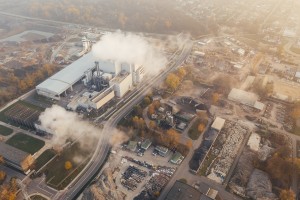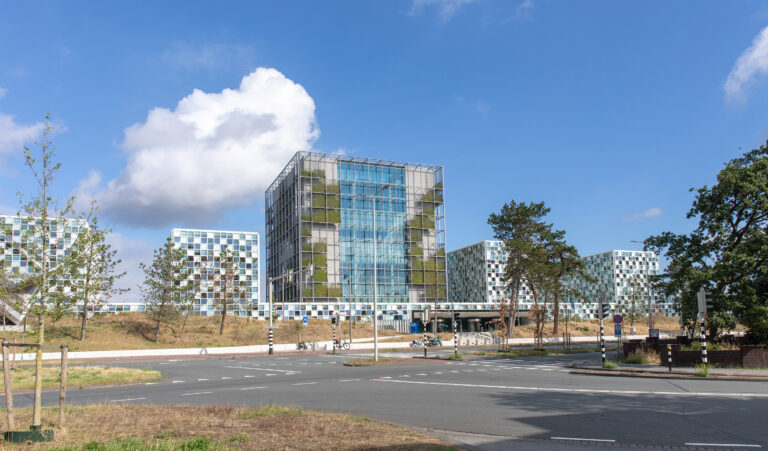
New York: The climate emergency is a major driver of inequality, insecurity and conflict. Recently, there were some encouraging announcements. The European Union, Japan and the Republic of Korea, together with more than 110 other countries, pledged carbon neutrality by 2050. China said it will do so before 2060. That means 50 per cent of the world’s gross domestic product (GDP) and half of global CO2 emissions are now covered by a net‑zero commitment. And the number of net‑zero commitments from companies has more than doubled in the past year to over 1,100.
Climate change is an existential threat to the region. Strong leadership and moral voice on the front lines is crucial for charting a recovery that will accelerate the decarbonization of the global economy and build a more inclusive and resilient future.
There is a need to expand the growing coalition of leaders committing to net‑zero emissions by 2050 in order to achieve the 1.5°C goal of the Paris Agreement [on climate change]. All eyes are also on the new US regime after the elections there. US will be of course extremely important in this regard.
The Conference of Heads of Government of the Caribbean Community (CARICOM), has a pronounced vision to become the first climate-resilient region in the world — and to implement the Caribbean Recovery to Resilience Facility. Access to low‑cost and affordable public finance will be critical. There are significant barriers — not least the fragmented and complex financial architecture to access climate finance. There is a need to work together to bring greater coherence to the system, while assisting the CARICOM countries in building capacities at the national and regional levels to access public and private finance.
“We are still far from where we need to be. Our goal is to limit temperature rise to 1.5 degrees Celsius above pre‑industrial levels. Today, we are still headed towards 3 degrees at least,” United Nations Secretary-General António Guterres has said.
The science is clear. Failure to meet the goals of the Paris Agreement [on climate change] means irreparable catastrophe for people, communities, economies and nations.
At the opening today of the “Race to Zero” Dialogues too, Guterres urged countries, companies to take bolder action in pursuit of Net-Zero Emissions. He called for the implementation of ‘credible’ decarbonization Plans. “Expand your coalitions and initiatives. Bring your supply chain and partners on board in time for the Climate Ambition Summit I am co‑hosting on 12 December – the five‑year anniversary of the Paris Agreement [on climate change]. Disclose your climate‑related financial risks. Prioritize investments that contribute to a low‑carbon, sustainable, climate‑resilient recovery. And join me in asking Governments to choose the green recovery pathway,” he said.
He commended the many organizations that had come together to the “Race to Zero” here to organize more than 90 solutions‑oriented events. “This is the kind of collaboration we need to achieve a 1.5 degree resilient world. We are moving in the right direction, but we need greater speed. That means strong leadership from Governments, businesses, cities and civil society around the world. We have the tools to decarbonize our systems and build resilient societies.”
But the window of opportunity is closing. All Governments, cities, financial institutions and private businesses must establish their transition plans for net‑zero emissions by 2050. “We need everyone to commit to carbon neutrality by 2050, and to take climate action that will benefit people and the planet,” Guterres appealed to the nations.
– globalbihari bureau





